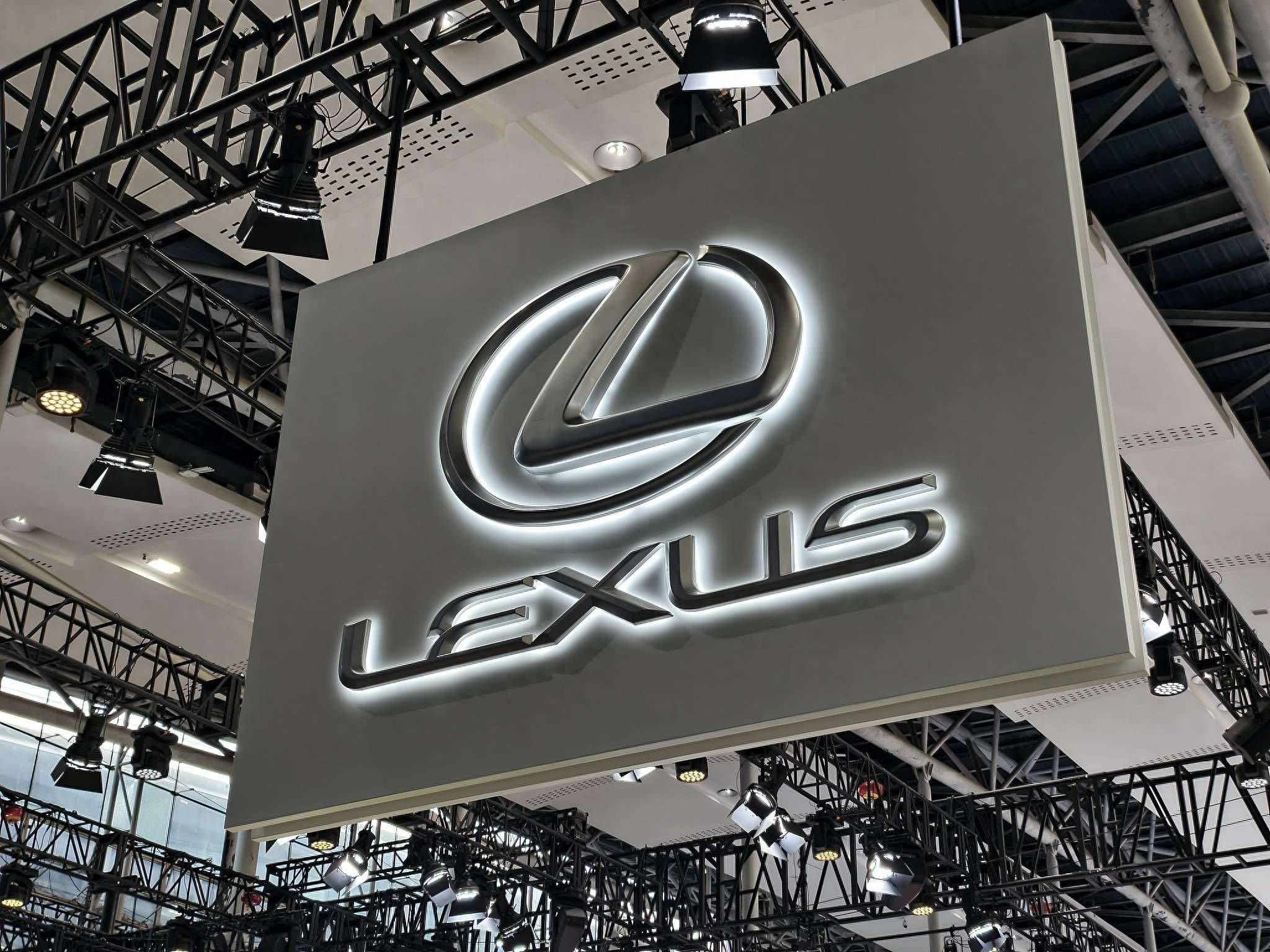Japanese Automakers Rebound
Advertisements
The whispers surrounding Lexus's potential expansion into the Chinese market has resurfaced, this time likely propelled by the growing emphasis on electric vehiclesRecent reports indicate that Toyota, the parent company of Lexus, is planning to establish a new manufacturing facility in Shanghai to focus on electric models under its luxury brandUnlike previous ventures that relied on partnerships, this plant will be fully owned by Toyota, marking a significant shift in strategy.
Details emerging from insiders reveal that a location for the factory has already been identified, with production expected to commence by 2027. Toyota aims to achieve a remarkable 95% localization rate of components for its vehicles in China, suggesting that not only will these cars cater to the domestic market, but they will also be exported globallyAlthough neither Toyota China nor Lexus has officially commented on the matter, sources indicate that discussions are in their final stages, with only a few specifics left to iron out.
This shift in focus comes on the heels of Toyota's president, Akio Toyoda, visiting China for the first time in five years in June
During his appearance at the "Toyota GR Carnival" in Shanghai, he showcased a drift demonstration, which sparked speculation that he would push for the localization of Lexus productionConcurrently, Toyota is reportedly seeking similar incentives from the Chinese government as those granted to Tesla, covering aspects from tax relief to substantial policy support and fully owned operations.
It’s essential to recognize that since Lexus made its debut in the Chinese market in 1994, it has been synonymous with quality and desirabilityIts vehicles have consistently been in high demand, with customers flocking to purchase them, often at inflated prices due to scarcity—a testament to the brand's allure outshining even the likes of luxury conglomerates such as BMW, Mercedes-Benz, and Audi, collectively known as BBA.
Over the years, rumors about Lexus establishing a manufacturing facility in China have circulated, eventually fading without resolution
- U.S. Debt Soars to $50 Trillion
- The MSTR Strategy Has Failed
- 2025: Future Trends in China's Retail Sector
- The Future Direction of Wearable Device Upgrades
- Morning Insights FM-Radio | January 3, 2025
Insiders previously noted that while there were intentions to consider domestic production, senior executives at Toyota were hesitant, citing a lack of optimal timing and conditionsHowever, the recent change in stance indicates an intention to launch a significant counteroffensive in the green vehicle sector.
Aligned with Toyota's "Electrification First" strategy, the company has announced plans to roll out ten fully electric vehicles by 2026, with annual sales projections soaring to 1.5 million units, and hopes to reach a staggering 3.5 million by 2030. In this ambitious plan, Lexus is set to lead the charge, announcing at the recent Tokyo Motor Show its goal of undergoing complete electrification by 2035.
This bold statement comes in the wake of rising pressure from competitors like Tesla, as well as a plethora of emerging Chinese electric vehicle (EV) brandsHistorically, Lexus has been considered a profit powerhouse for Toyota in the Chinese marketplace, yet as the industry evolves and the tide shifts toward the digital and electric age, the exclusivity that once captivated customers has begun to fade
The once-coveted Lexus brand is now perceived differently, losing some of its allure in the face of consumer preferences evolving rapidly toward new technology and features.
Moreover, brands like NIO, with their innovative NIO House and concierge-style services, have begun to outshine the traditional service model once offered by LexusFollowing a peak sales record of 227,000 units in 2021, Lexus has seen a decline, with figures plummeting to 162,000 over the first eleven months of this yearThis downturn is attributed, in part, to a strategy of “trading price for volume,” a stark departure from their previously meteoric rise in prestige.
The transformation strategy has lagged for Lexus, as the brand released its first electric vehicle, the RZ450e, only in February of last year, and it failed to impress against its competitors in terms of capabilities and specifications.
Given these circumstances, it’s increasingly clear that Lexus risks fading into obscurity, overtaken by new entrants in the automotive landscape

With the need for a swift and effective turnaround evident, the burgeoning Chinese market presents a unique opportunity for recovery through enhanced supply chain integration and efficient localization of production.
Experts indicate that with the infrastructure in place, Toyota has a distinct advantage in terms of rapidly achieving localized production for LexusThis would efficiently lower production costs and enhance output capabilities, leading to the introduction of competitive new models to capture consumer interest.
Additionally, automakers like Volkswagen and Audi have already leveraged China's research and development resources to create cooperative vehicle modelsIf Toyota aims to catch up in the electric vehicle arena, then the Chinese market undoubtedly serves as fertile ground for its endeavorsWith fluctuating demand for electric cars, establishing a production base in China remains a strategically sound decision.
If Lexus can successfully establish its manufacturing footprint in China, it would represent a pivotal moment for Toyota in terms of its high-end electric vehicle resurgence
Leave a Comment